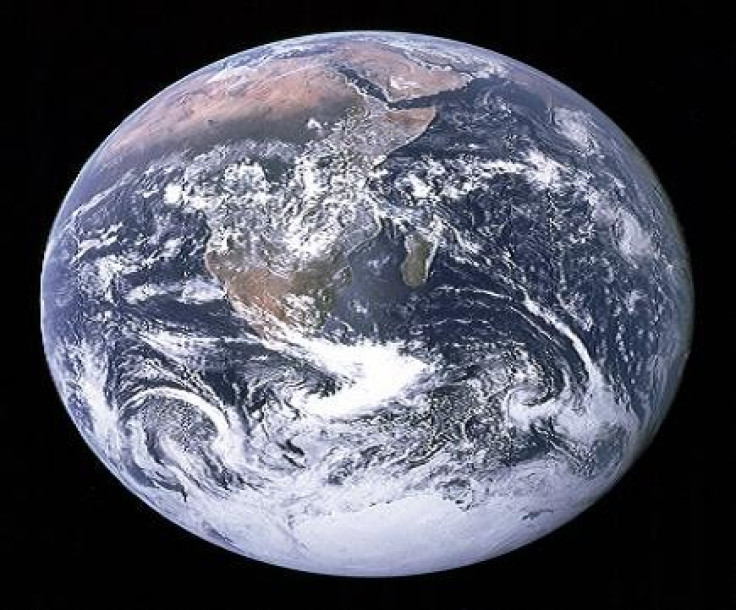Another Satellite Set To Hit Earth In Coming Weeks

Scientists have warned that another satellite is set to crash land into Earth in the next few weeks.
The two-and-a-half ton German research satellite ROSAT has left its orbit and heading back towards Earth, with scientists saying pieces of it could hit Earth when it re-enters the atmosphere in the next few weeks.
Scientists lost contact with ROSAT, a German X-ray telescope built with British and American technology, in 1999. It is predicted to re-enter Earth's atmosphere at the end of this month or early November.
The German Aerospace Centre (DLR) said 30 "individual pieces weighing a total of 1.6 tons may reach the surface of the Earth."
But experts are telling people not to panic. Although it is theoretically possible that someone couldbe hurt by falling debris, the actual odds of someone getting hit are tiny.
"Until now in the more than 50-years of space history not a single person has been harmed" by pieces of falling satellites, said Professor Heiner Klinkrad, director of the European Space Agency's office that deals with space debris.
As right now, scientists are still unsure as the where about the satellite debris is due to land.
"It is not possible to accurately predict ROSAT's re-entry," said Klinkrad in a webcast posted on the German Aerospace Center's website.
"The uncertainty will decrease as the moment of re-entry approaches. It will not be possible to make any kind of reliable forecast about where the satellite will actually come down until about one or two hours before the fact."
© Copyright IBTimes 2024. All rights reserved.





